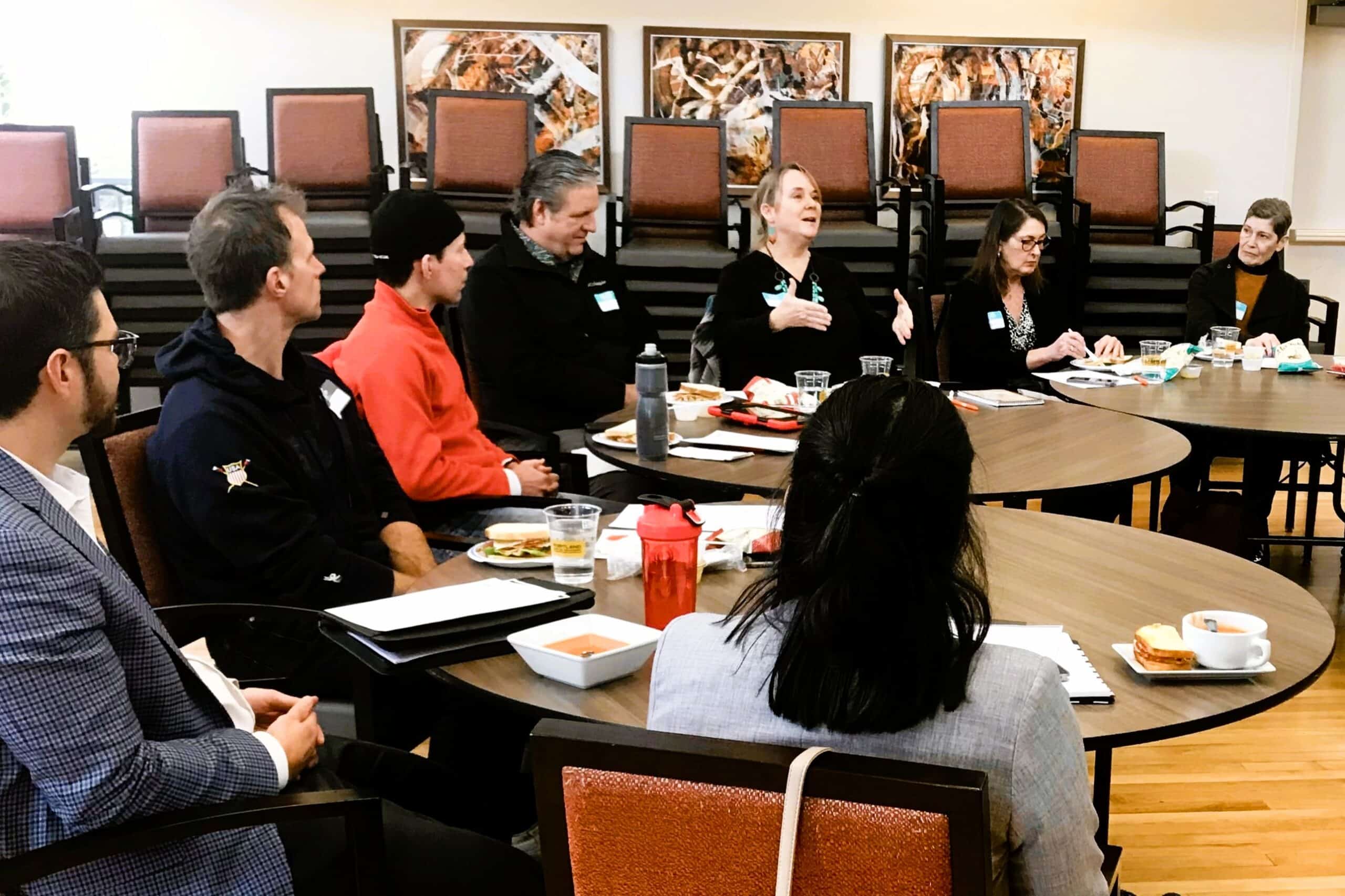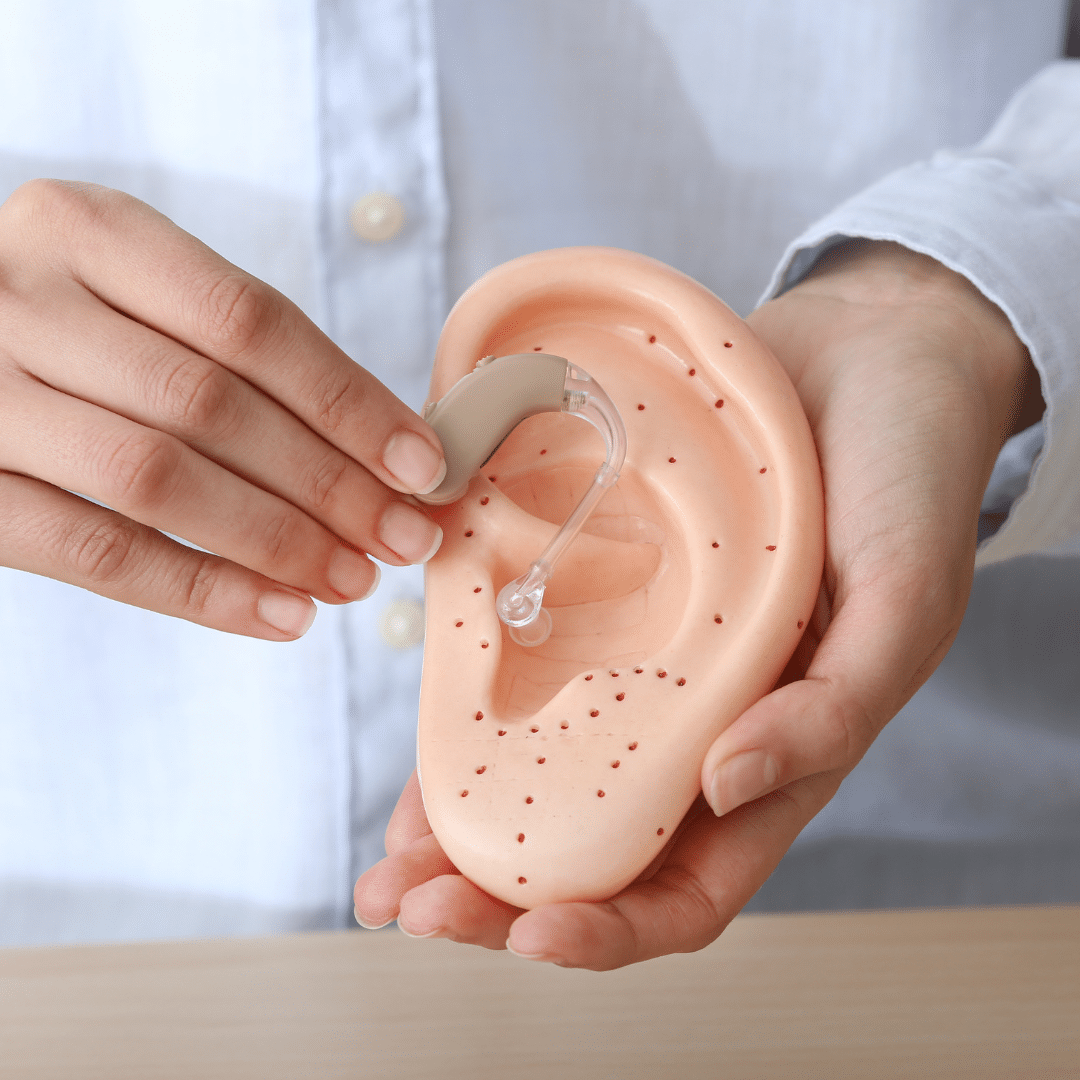After a Parkinson’s diagnosis forced him to retire from a successful career in IT, Fulvio Capitanio dedicated his life to helping others with Parkinson’s around the world.
At the time he was diagnosed with young-onset Parkinson’s disease in 2007, Fulvio Capitanio was an economist and manager at a global information technology firm in Barcelona, Spain.
“You never imagined that, at the age of 40, a little problem with handwriting or walking could be related to Parkinson’s disease. It’s really shocking to hear that about yourself because you always related Parkinson’s to older people like Pope John Paul II or Muhammad Ali,” said Capitanio.
“It’s not like breaking your leg and having it fixed in six months. In this case, it’s going to progress over a long period of time, and it’s going to change the way you cope with it.”
Capitanio’s main concern at the time of his diagnosis was figuring out how to continue providing for his family and whether he was obligated to notify his employer. He spoke with his neurologist and lawyer to determine the best course of action.
“I wanted a clear visual of all the cards in my deck,” he said. “I decided I wanted to go on working. When you’re a manager at a top IT company, you can show no weakness. I was performing at 120% because I didn’t want the disease to affect my performance.
“When you light the candle at both ends, you have twice the amount of brightness. But it won’t last as long if it’s burning on both sides. I was accelerating the disease because I was increasing my stress level. After two years, I decided to retire.”
But retired life didn’t suit Capitanio. He became depressed and felt like he had too much time on his hands. He didn’t want to spend his days on the couch watching Netflix.
“My thought was ‘How can I be entitled to ask for help in 10 years if I didn’t do anything to help others while I am in good health now?’ That was the moment I decided to invest my time in helping people.”
Advocating for Parkinson’s on a global scale
Capitanio and four friends he met through an online Parkinson’s forum started an organization called “Unidos contra el Parkinson” (Together against Parkinson’s disease).
Disappointed by the lack of Parkinson’s resources available in Spanish and Italian, the group set out to create a Parkinson’s resource page that could be accessed by Parkinson’s patients in Europe and South America.
They also created a comic book for kids called “Through the eyes of a child” to help parents explain PD to their children. “It’s not easy to explain to children that their father or mother, who is invincible, is going to have health problems and cannot take care of you as well as he or she was doing before,” Capitanio said.
Capitanio’s work through Unidos contra el Parkinson eventually led him to become an ambassador for the World Parkinson Coalition (WPC). Over the past few years, he has worked ardently to bring the sixth-annual WPC meeting to his hometown of Barcelona, Spain, in 2022.
One of Capitanio’s most memorable moments was meeting Brian Grant at an event in Albany, New York, in 2012.
“I was a basketball player, so it was incredible to meet an NBA star,” he said. We started talking about our daily worries and were sharing our experiences mitigating symptoms through nutrition and exercise.”
While Parkinson’s medications can work wonders for mitigating symptoms, Capitanio noted, people with Parkinson’s can further enrich their lives with complementary therapies such as diet and exercise.
“The more active you are, the more you are going to improve your life. When you feel healthier, you are going to think more positively. If you think more positively, you are going to be more active. It’s a continuous loop,” he said.
One way Capitanio stays active is mountain climbing with his friend and fellow Parkinson’s activist Vincent “Enzo” Simone, who we wrote about in a recent article.
In 2005, Simone created the “10 Mountains 10 Years” project, which he describes as “the longest, the highest and most arduous outdoor epic awareness and fundraising campaign of its kind.” The project became the subject of an award-winning motion picture documentary.
Capitanio worked with Simone to subtitle the documentary in Spanish and Italian, and bring screenings of the film to Europe. He also joined Simone in scaling two of those mountains in Italy in 2015 and in Peru in 2017.
“Living with Parkinson’s can be a pain in the neck,” Capitanio said. “It’s alright to be angry, to get mad or to break something if you feel like it’s going to help you release your anger. But you cannot be stuck in this feeling for the rest of your life.
“It’s the end of the life you planned, but it’s not the end of your life,” he continued. “You need to build a new life with the tools you have available at the moment. You have to play the cards you were given. It’s up to you to play your hand the best way you can.”



